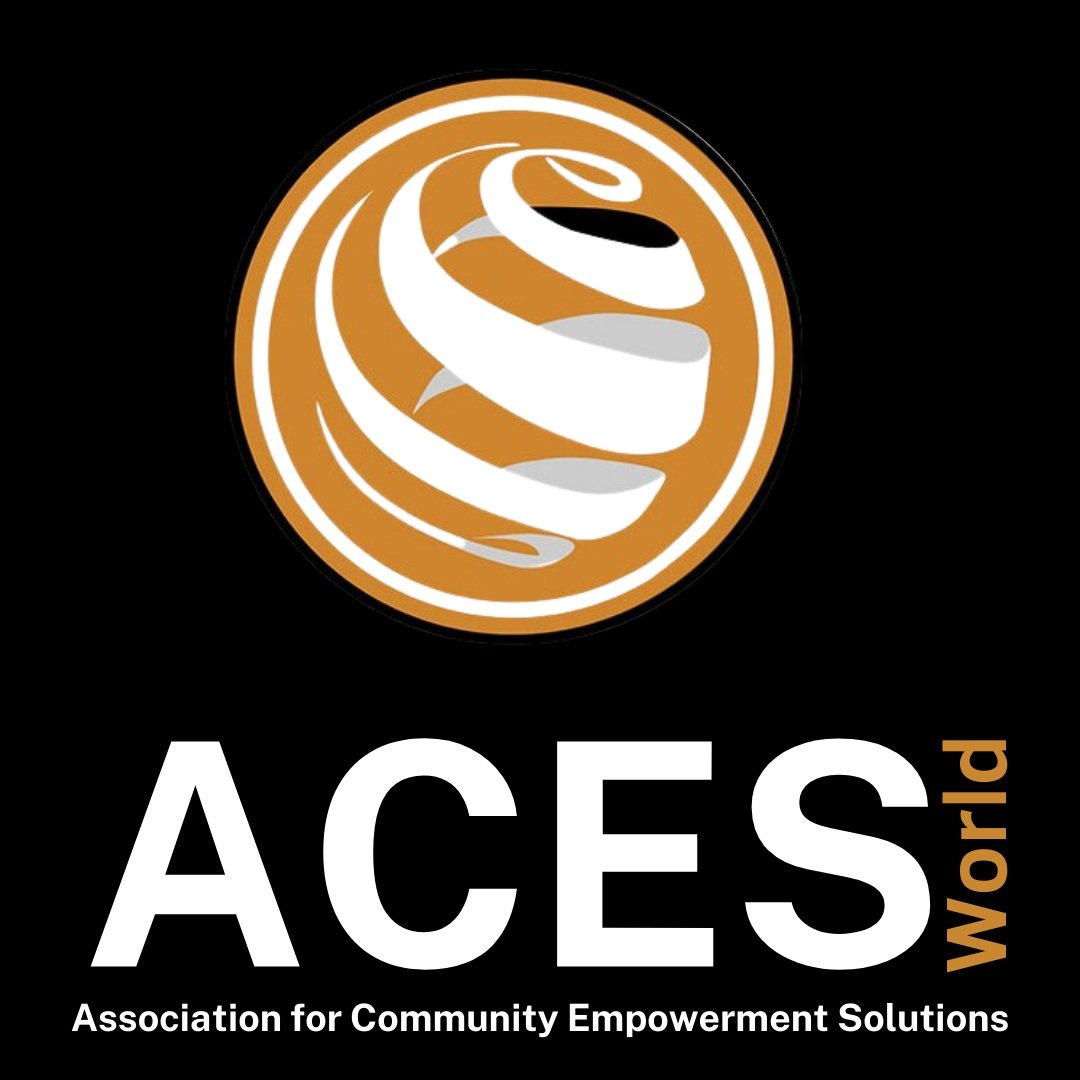The Big Problem We Won't Discuss
Let’s talk about periods. Approximately half of the human population has or will menstruate, yet even in the US stigmas remain around menstruation. When menstruation is discussed in the US, it is often a justification for discrimination. While this form of discrimination in the US is extremely harmful, women and girls in industrialized nation typically have access to menstrual hygiene management supplies and information so that they can manage their periods and continue their normal lives. Bathroom facilities are readily available and private so that women can address the daily hygiene requirements. But, for most women and girls around the world, this is not the case. In many parts of the world menstruation is stigmatized and women and girls who are menstruating are not allowed to cook or attend public events or even enter their own home. But, even if the stigma were removed, many would not be able to carry out their daily activities with dignity and comfort because they lack access to sanitary products. Women and girls use leaves, newspaper and other unsanitary materials to absorb menstrual blood, often resulting in reproductive system infections. For school-aged girls, the onset on menstruation often marks the end of their education. Girls lack menstrual supplies, schools lack facilities for changing pads and girls remain home five days of the month. Consequently, their grades often plummet and they eventually dropout, often forced to marry. The consequences of are early child birth and associated risks, such as fistula, rampant population growth in the poorest countries, and lifelong poverty. Start a conversation about menstruation on social media using #PadsforLearning. Donate or volunteer to help ACESWorld give girls in the poorest countries the pads and knowledge they need, and don’t forget that this problem exists among the poorest women and girls in the US as well.
